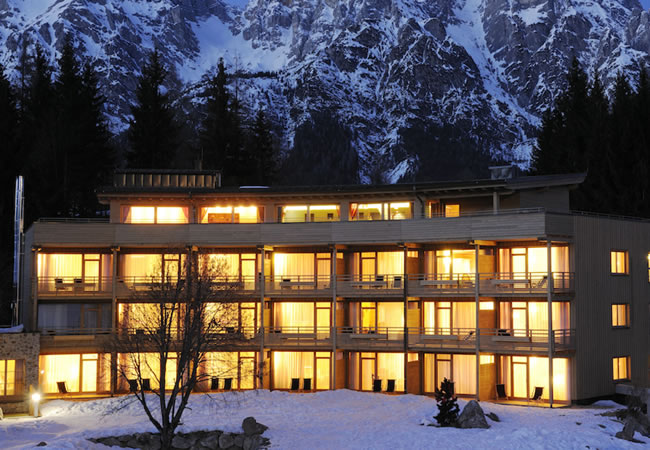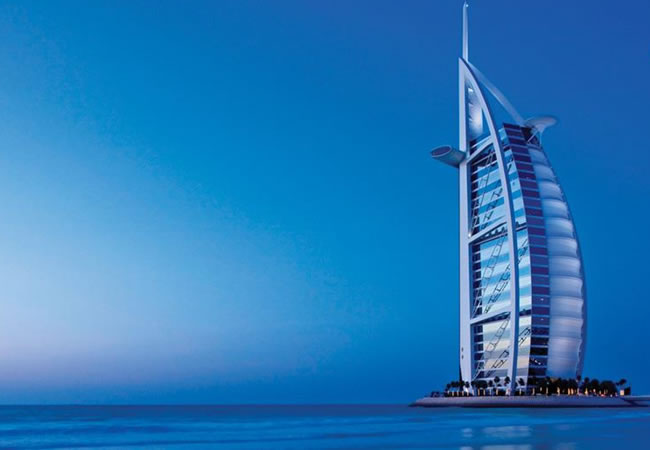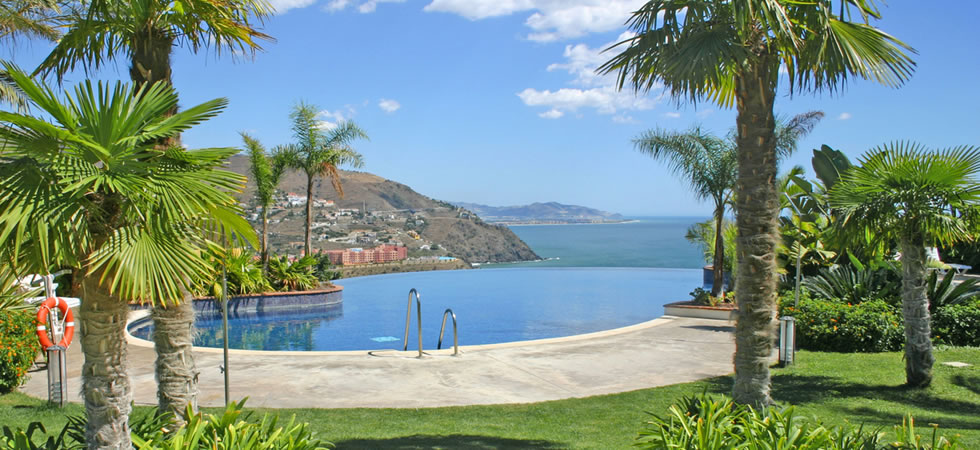What can you offer those who have access to everything? This is the challenge for luxury travel providers, who are constantly searching for new and extraordinary experiences to offer their customers. As they try to stay one step ahead, huge efforts are undertaken to ensure that high net worth individuals have access to the truly unique, especially as what was once bespoke and highly exclusive becomes pedestrian and outmoded. Luxury travel in itself is becoming more popular, and with the changing tastes of the super-rich the travel industry is adapting to cater to these evolving needs.
The consumers of high-end travel are a disparate group. According to Geoffrey Kent, the founder Abercrombie & Kent, the super-rich of China tend to prefer completely customised holidays (including food from home and Mandarin speaking guides), Russian travellers demand high-end concierge services and those from India are drawn to European capitals. It’s also observed that the newly rich, especially the young, are more ostentatious and image conscious. The most obvious indications of wealth – such as 24 carat gold iPads and most expensive bottles on the wine list – are often bought by those hoping to project their wealthy status.

Despite this, travel providers report that this kind of conspicuous consumption is becoming less fashionable, with more subtle and often much more experiential expenditure taking hold. This is further demonstrated by the huge success of adventure holidays, with 4 billion dollars being spent in 2013 on adventure travel by America’s wealthy. The rich are swapping sumptuous surroundings in the world’s most exclusive hotels for trekking through jungles and white water rafting. While the extremely high standards associated with luxury travel are always going to be a standard for those who can afford it, it appears that emotional impact and most importantly, novelty, are becoming a priority over the usual trappings of wealth.
The “Homeless Billionaire” Nicolas Berggruen is representative of this trend, and the sense of freedom it offers to people who no longer wish to be surrounded (and often find themselves beholden to) physical possessions. He sold his flat and house and has lived internationally ever since, travelling extremely light and hopping between countries. Travel has become less about “what’s the most expensive hotel suite I can stay in before returning to my similarly opulent home?” and much more about “how will this experience enrich my life?”
Other entrepreneurs have found that with remote working and ample means they can also live a similarly nomadic lifestyle, leading to the emergence of companies that cater to near perpetual travellers who are uninterested in acquiring material assets. For example, private members clubs that allow the rich access to high-spec luxury holiday homes all over the world without the responsibility of owning any of them, or others that even provide the use of supercars without ever buying one. Making life a continuous holiday, with adventures and life affirming experiences along the way, is an understandably attractive lifestyle choice.

Some people have put this refocusing of priorities, away from conspicuous consumption and obvious material wealth to a more subtle enjoyment of prosperity, by movements such as Occupy. Luxury travel expert Carolyn Childs believes the movement has “changed the psyche, moral reference points and consumption patterns of well-off people”. It could be that with this highlight of inequality that high net worth individuals have begun to see excessive conspicuous consumption as insensitive, even a little embarrassing. Whether this is true or not, it’s certainly clear that socially responsible travel is something that’s increasingly interesting wealthy people.
Sustainable eco resorts, with locally sourced food (sometimes grown on site) and efforts towards carbon neutrality are becoming very appealing. High end travellers can be pampered while feeling that they are giving back to the community, sometimes even embarking on volunteering holidays where they feel they can positively influence the area while enjoying the indulgence of the best food, service and accommodation that can be found there. This is all indicative of a travel industry where simply offering the most expensive extravagances in extraordinarily sumptuous hotel rooms is no longer compelling enough for many wealthy travellers.
While there’s always going to be a place for holidays that simply provide the feeling that clients are being pampered and indulged to the most extreme extent possible – such as the Burj Al Arab hotel in Dubai which offers caviar facials and $25,000 a night suites – travel providers have had to become more creative and think outside of simple expense in recent years. By offering the unique, the novel, and the exceptional, luxury travel is evolving into something that puts more value in experiences, freedom and adventure than displays of wealth.
Main image above credit: FreeImages.com






















